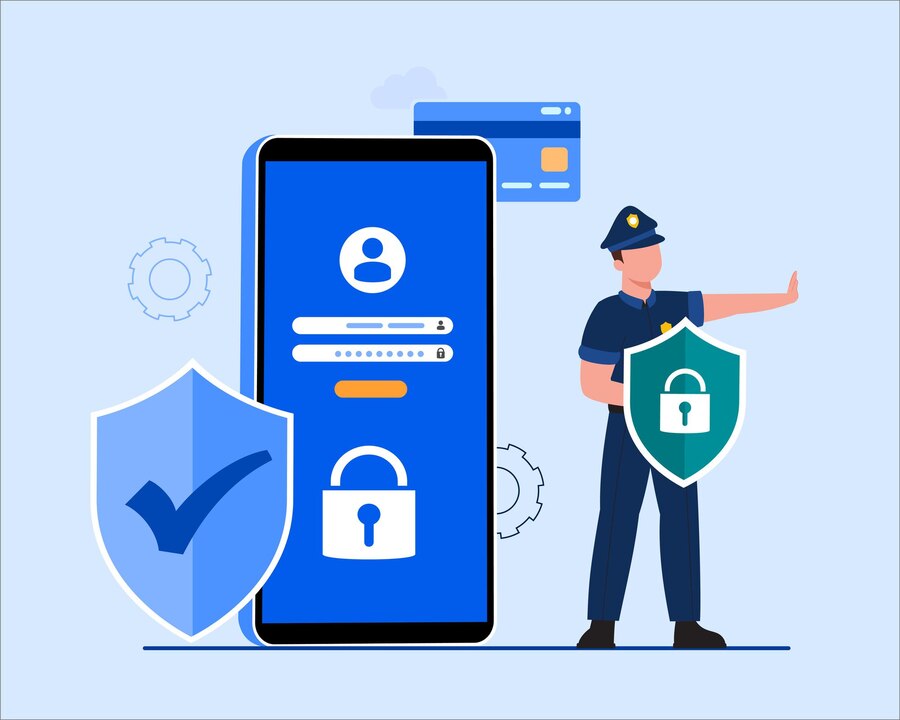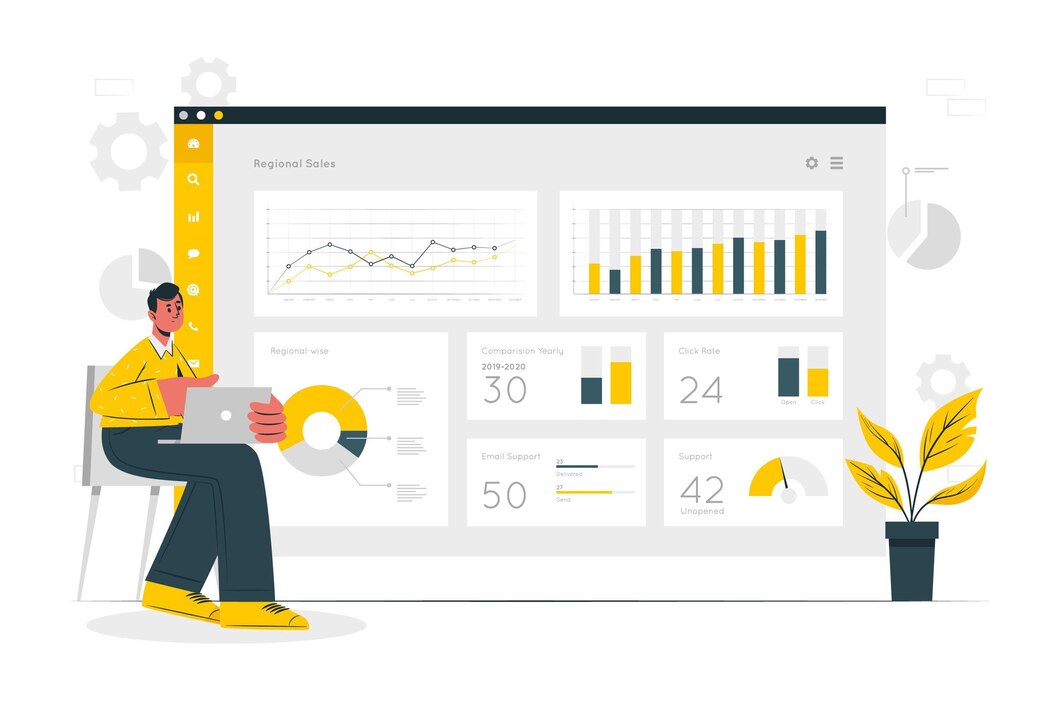Basic Security Measures for DirectAdmin Websites
Securing your DirectAdmin website is essential for maintaining uptime, preventing cyber threats, and safeguarding user data. In this guide, we’ll cover firewall setup, malware scanning, and regular updates to keep your website secure.
1. Why Security Matters for DirectAdmin Websites
- Prevents Hacking Attempts: Blocks unauthorized access to sensitive data.
- Protects Customer Information: Ensures the safety of stored credentials and transactions.
- Reduces Downtime: Minimizes disruptions caused by security breaches.
- Improves SEO and Trustworthiness: Search engines prioritize secure websites, improving rankings.
2. Setting Up a Firewall in DirectAdmin
Firewalls act as the first defense against cyber threats by filtering malicious traffic.
Using CSF (ConfigServer Security & Firewall) in DirectAdmin
- Install CSF Firewall:
yum install csf - Enable CSF in DirectAdmin:
- Go to Extra Features > ConfigServer Security & Firewall.
- Click Enable Firewall.
- Whitelist Trusted IPs:
csf -a YOUR_IP_ADDRESS - Block Malicious Traffic: Automatically blocks repeated failed login attempts.
3. Malware Scanning for DirectAdmin Websites
Using ClamAV for Malware Detection
- Install ClamAV via DirectAdmin’s Plugin Manager.
- Run a malware scan:
clamscan -r /home/ - Quarantine or delete infected files to keep your site secure.
4. Keeping DirectAdmin Updated
Enable Automatic Security Updates
- Update DirectAdmin automatically:
echo 'auto_update=1' >> /usr/local/directadmin/conf/directadmin.conf - Regularly update system packages:
yum update -y - Ensure all plugins and scripts are updated to prevent vulnerabilities.
5. Strengthening DirectAdmin Login Security
- Use Strong Passwords: Set complex passwords with uppercase, lowercase, numbers, and symbols.
- Enable Two-Factor Authentication (2FA):
- Navigate to Admin Settings.
- Click Enable Two-Factor Authentication.
- Use an authentication app like Google Authenticator.
- Restrict Admin Access: Limit access to trusted IPs.
6. Additional Security Measures
- Change Default SSH Port: Prevents brute-force attacks on port 22.
- Enable ModSecurity: Blocks SQL injections and cross-site scripting attacks.
- Use SSL Certificates: Ensure all connections use HTTPS for encrypted communication.
- Monitor Server Logs: Check logs for suspicious activity regularly.
7. Regular Security Audits
- Use Penetration Testing Tools: Test your security with tools like Nessus or OpenVAS.
- Perform Regular Backups: Keep backups in case of emergency restoration needs.
- Check Website Vulnerabilities: Use online scanners to identify weak points.
Conclusion
Following these basic security measures in DirectAdmin, including firewall setup, malware scanning, and regular updates, ensures your website remains protected. Proactively securing your DirectAdmin server helps maintain uptime, protects user data, and improves SEO rankings.
For expert DirectAdmin hosting and security solutions, visit xldomein.com!


